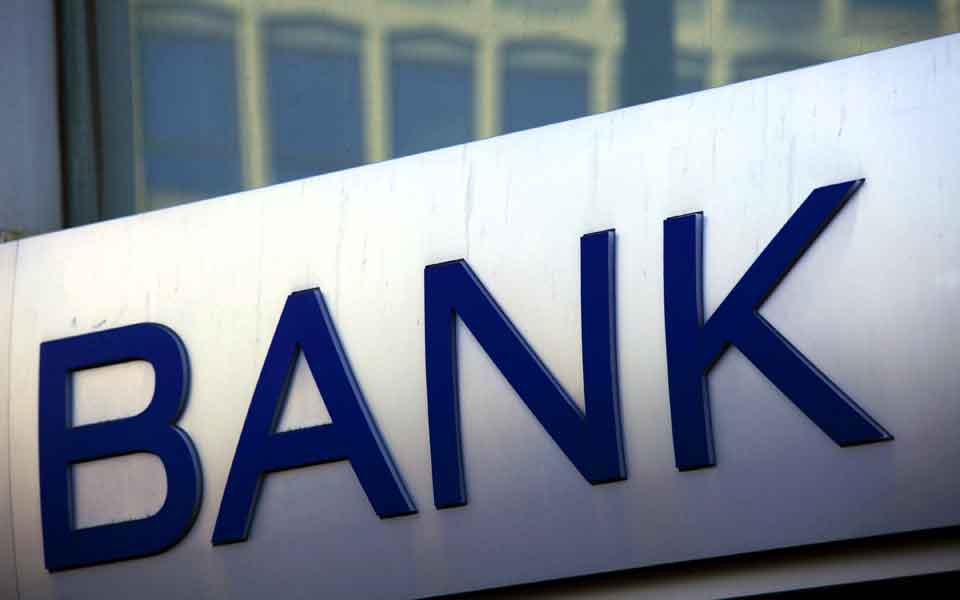State could lose all of its investment in banks

The Greek state is close to losing the 25 billion euros it paid to save the Greek banking system, as the bank warrants issued during the first recapitalization will expire at the end of 2017.
This is money the state had borrowed for the banks’ share capital increases with the aim of recovering at least a large part of it while reducing the national debt once the crisis was over and the banks were returned to private hands.
In fact, all was lost in the summer of 2015, when the country was one step from its expulsion from the eurozone. Under selective default conditions, banks were forced to conduct share capital increases at prices of just a few cents: Alpha at 0.04 euros, National at 0.02 euros, Eurobank at 0.01 euros and Piraeus at 0.003 euros.
These capital increases were mostly covered by foreign hedge funds that took over the Greek banking system, shrinking the holdings of the previous shareholders – mainly the Greek state.
After the third recapitalization the banks proceeded to a reverse split, reducing the number of their shares, and the prices of their warrants were adjusted accordingly.
Recall that in the summer of 2014, when the stock value of the four systemic banks amounted to 33.4 billion euros, there was an initiative by the administration of the bank bailout fund (HFSF) for the faster sale to investors through warrants, so that the state could recover several billion euros.
However, that plan was hampered by the strong political opposition, mainly SYRIZA, now the leader of the coalition government.





